POSTPONED Bio/Matter/Techno
Kleinman Center for Energy Policy
at the University of Pennsylvania
Stuart Weitzman School of Design
Fisher Fine Arts Building Room 401
220 S. 34th St., Philadelphia, PA 19104
Stuart Weitzman School of Design
102 Meyerson Hall
210 South 34th Street
Philadelphia, PA 19104
Kleinman Center for Energy Policy
at the University of Pennsylvania
Stuart Weitzman School of Design
Fisher Fine Arts Building Room 401
220 S. 34th St., Philadelphia, PA 19104
Due to new guidelines for public gatherings issued by Penn in response to the coronavirus outbreak, this event will not be held as originally scheduled. We are working to re-schedule. Check back for updates, and thank you for your understanding.
Penn Women in Design’s BIO/MATTER/TECHNO symposium seeks to explore design approaches and critical theories that are fluid, boundless, and manifest in relationships that create new speculations for designs that are situated in a more than human world. Beyond dystopic futures how can we positively address the confluence of advanced technological innovation, ecological crisis, and unprecedented social changes and injustices through our design practices? We invite speakers to share their transdisciplinary explorations of biological systems, materials, and technology that challenge normative, professionally isolated positioning in order to take on contemporary ethical and aesthetic questions in the built environment.
Organizers
Maria Fuentes (MArch '21)
Amber Farrow (MArch '21)
Susan Kolber (MArch '20)
Marta Llor (MArch '20)
Sponsors
The University of Pennsylvania Weitzman School of Design
Weitzman School Landscape Architecture Department
UPenn GAPSA
Weitzman School Student Council
Weitzman School IT
UPenn FRES
Penn Women’s Center
UPenn Gender, Sexuality, & Women’s Studies Program
Weitzman Alumni Relations
About Penn Women in Design (PWID)
Our goal is to mobilize a community of designers and thinkers alike, to increase the incidence and visibility of women in our school’s design fields: architecture, landscape architecture, planning, historic preservation and fine arts. Our aim is to promote equity in the professions, engage the next generation of leaders, and empower each other by fostering growth to advance the success of women in our respective fields. It is absolutely critical that issues of gender equity and identity continue to be at the forefront of discussion and that the student body at the Weitzman School of Design remain aware of this disparity and have the tools and guidance to help change this ongoing challenge in not only our fields but the culture at large.
Since 2016 when the group was led by 6 student leaders, our event programming, mentorship and advocacy has been committed to cultivating the next generation of leaders. Now embarking on our 4th year of programming we have hosted to date over 45 events and firm tours, paired over 360 students and professional mentors, spoken at 3 events, hosted 2 symposiums and workshops that drew in over 300 professionals and students. PWID has been a critical opportunity for student leadership and allowed the Weitzman School of Design to connect with the broader professional field.
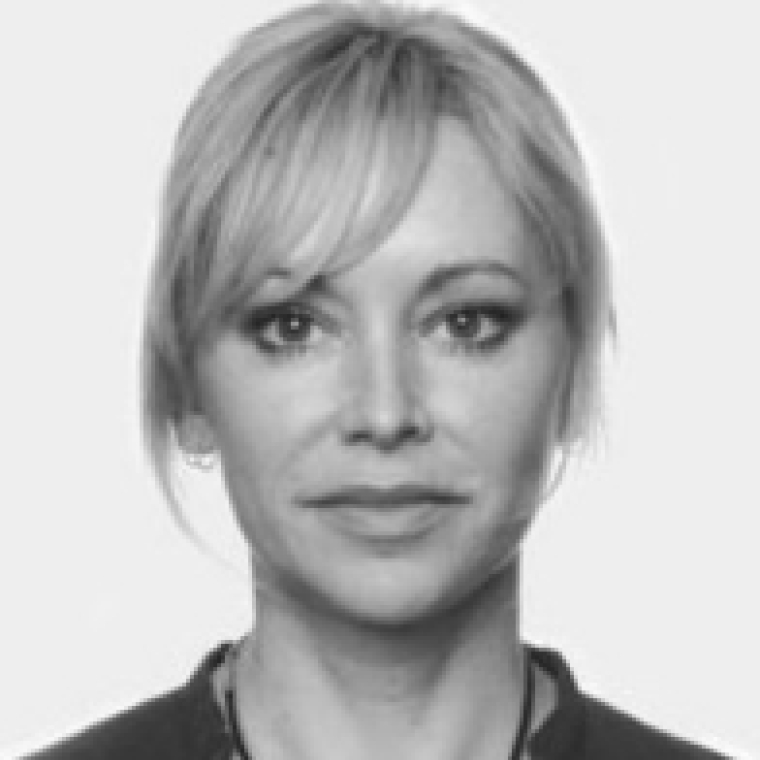 Rachel Armstrong
Rachel Armstrong
Rachel Armstrong is Professor of Experimental Architecture at the School of Architecture, Planning and Landscape, Newcastle University. She is a Rising Waters II Fellow with the Robert Rauschenberg Foundation (April-May 2016), TWOTY futurist 2015, Fellow of the British Interplanetary Society and a 2010 Senior TED Fellow. She is Director and founder of the Experimental Architecture Group (EAG) whose work has been published widely as well as exhibited and performed at the Venice Art and Architecture Biennales, the Tallinn Architecture Biennale, the Trondheim Art Biennale, the Palais de Tokyo (Paris), the Institute of Advanced Architecture, Catalonia (IAAC), Aarhus Kuntshal, the University of the Underground (Amsterdam), The Gallatin School, New York University, Allenheads Contemporary Arts, and Culture Lab at Newcastle University.
The first group of speakers will present their theories, practices, the impacts of their research and work on topics that investigate, learn, and design with biological systems (human and non-human), organizations, and components.
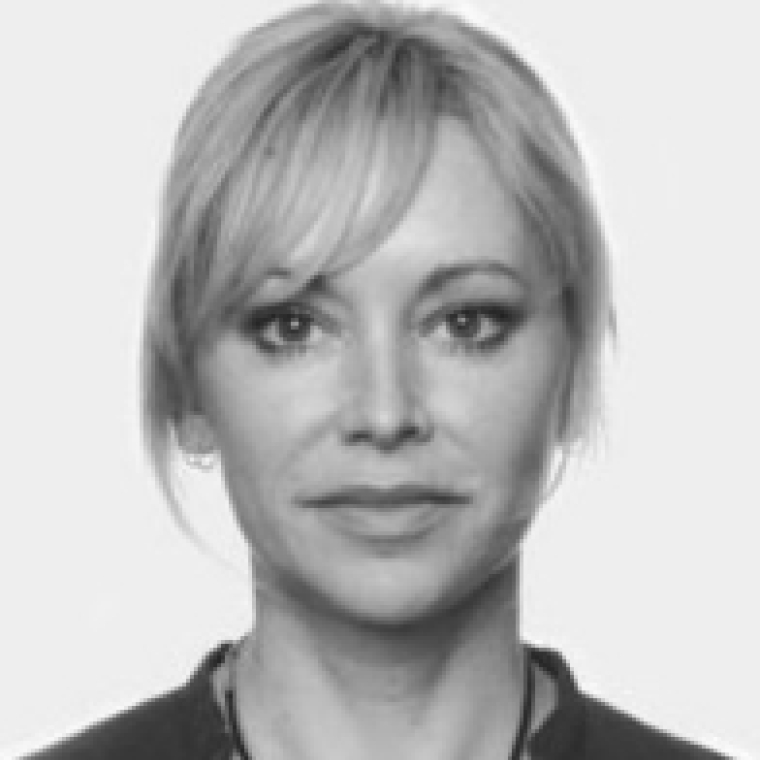 Rachel Armstrong
Rachel Armstrong
Newcastle University
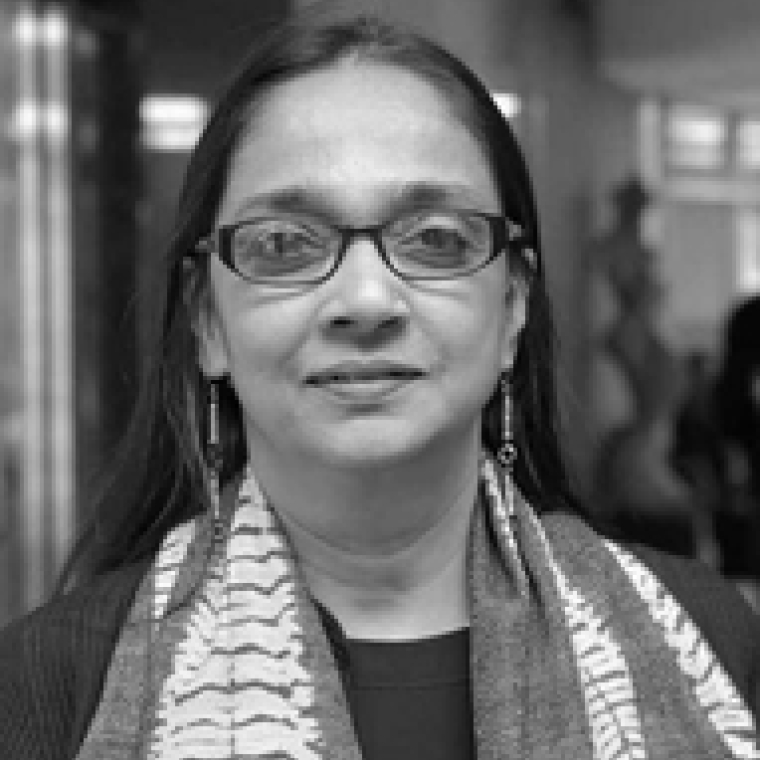 Anuradha Mathur
Anuradha Mathur
University of Pennsylvania Stuart Weitzman School of Design
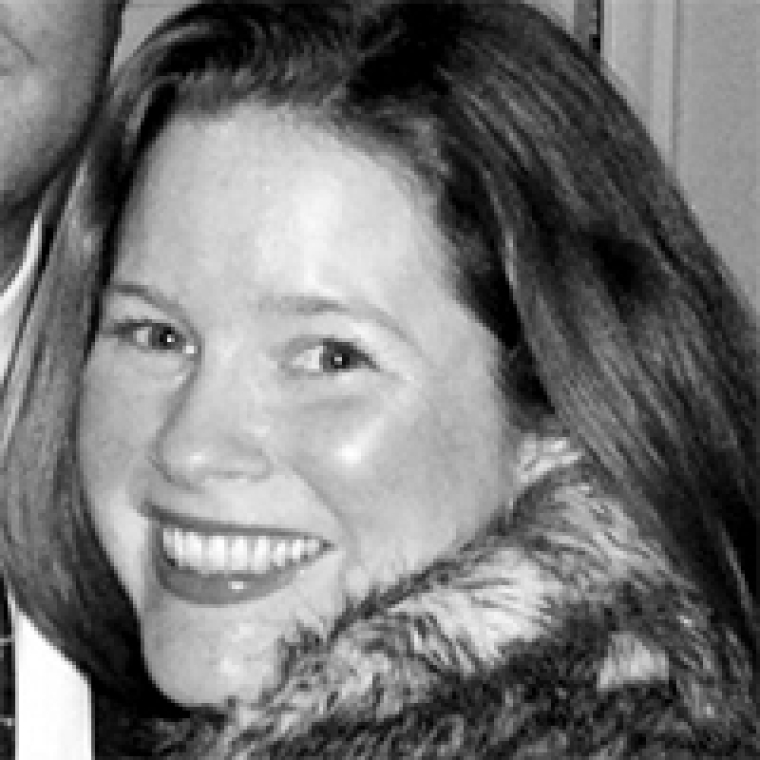 Karen Hogan
Karen Hogan
University of Pennsylvania School of Arts and Sciences
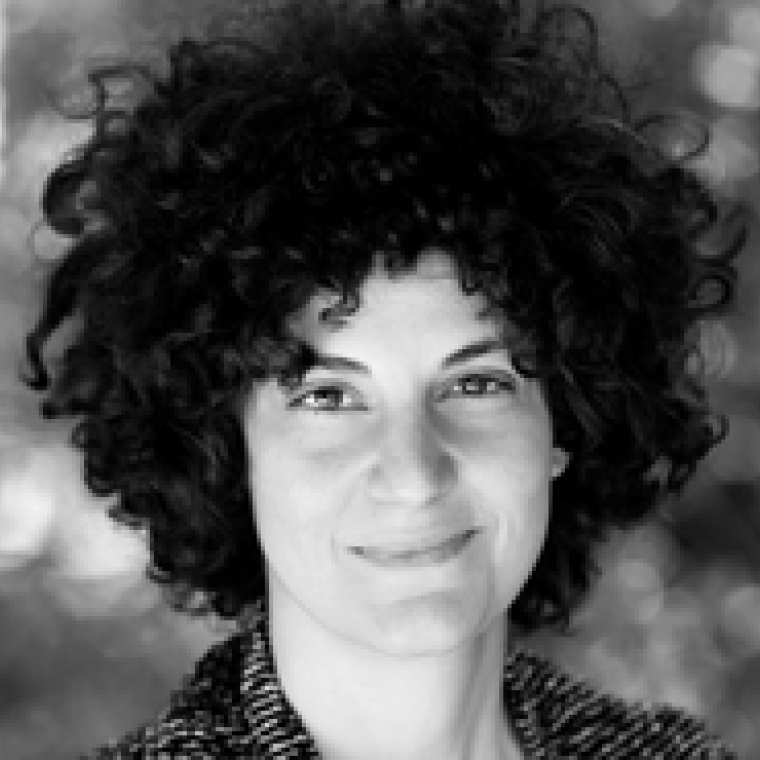 Aroussiak Gabrielian
Aroussiak Gabrielian
University of Southern California School of Architecture
 Francesca Ferrando
Francesca Ferrando
New York University
Moderator
The speakers in the second panel will share their research and work into intelligent materials that have novel structural forms, interactions between environments, humans and nonhumans, generative qualities, self-healing qualities, and or some that incorporate living systems or kinetic components.
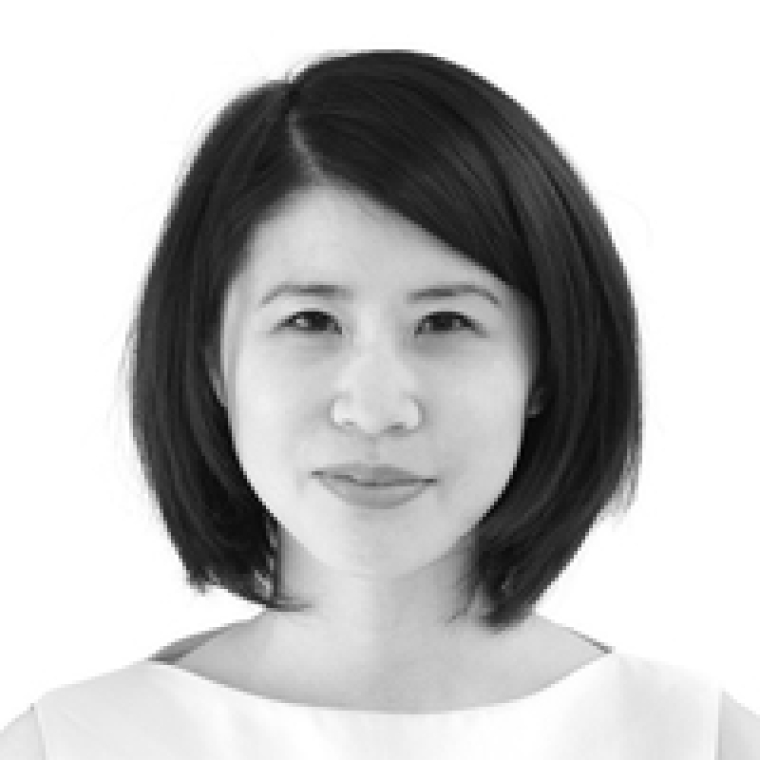 Andrea Ling
Andrea Ling
designGUILD
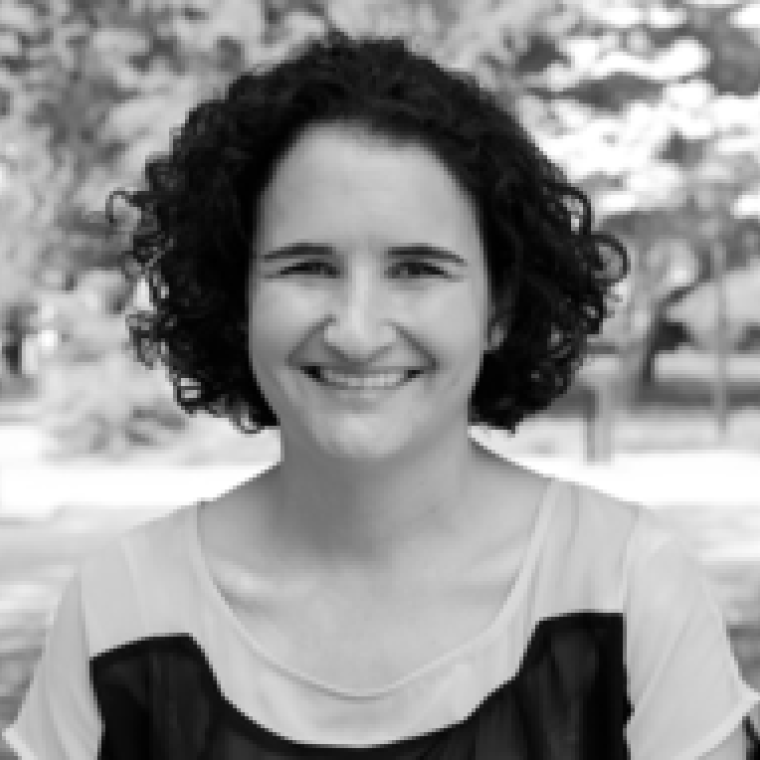 Rebecca Popowsky
Rebecca Popowsky
University of Pennsylvania Stuart Weitzman School of Design
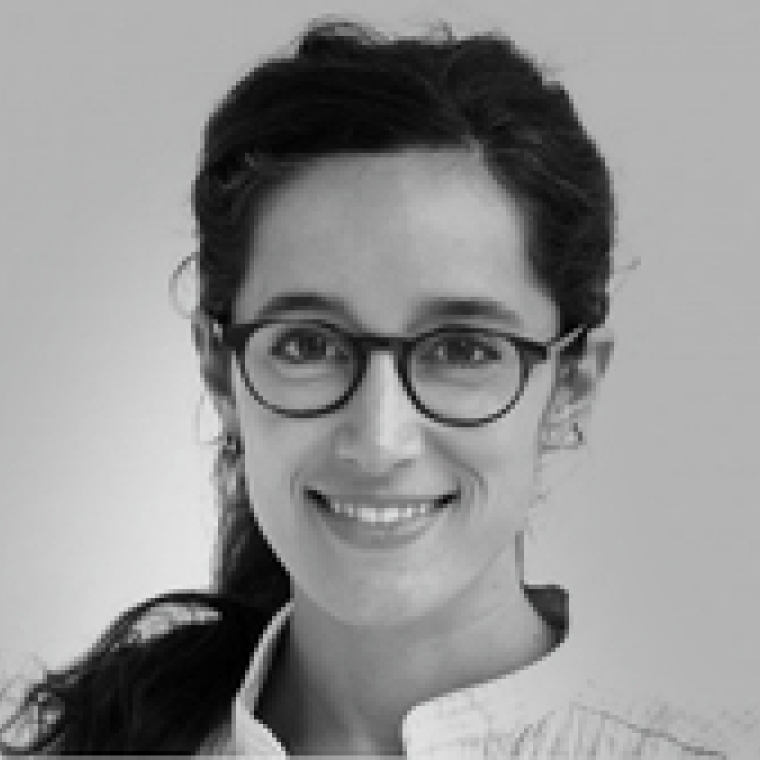 Laia Mogas-Soldevila
Laia Mogas-Soldevila
Tufts University
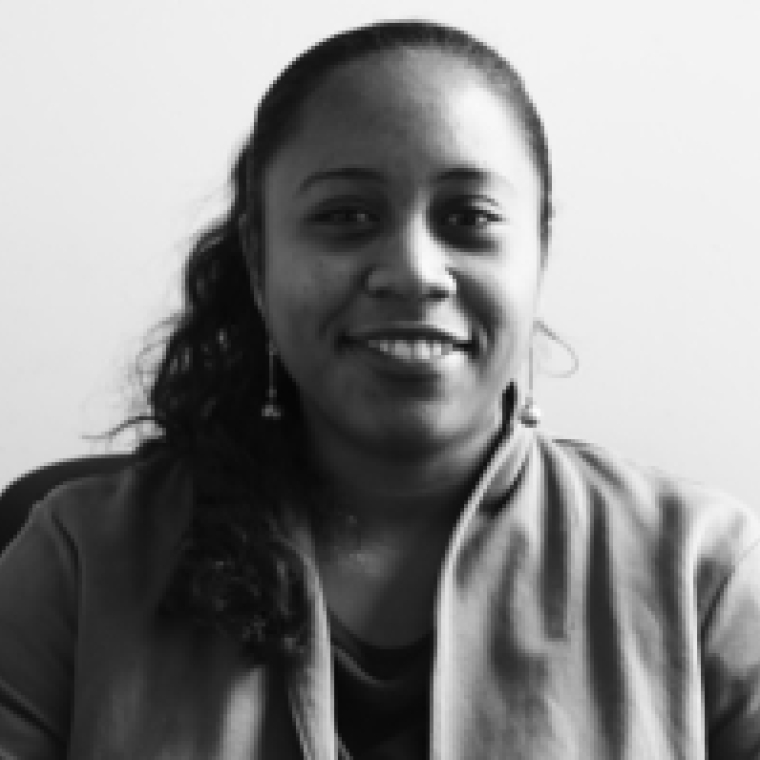 Mae-Ling Lokko
Mae-Ling Lokko
Rensselaer Polytechnic Institute School of Architecture
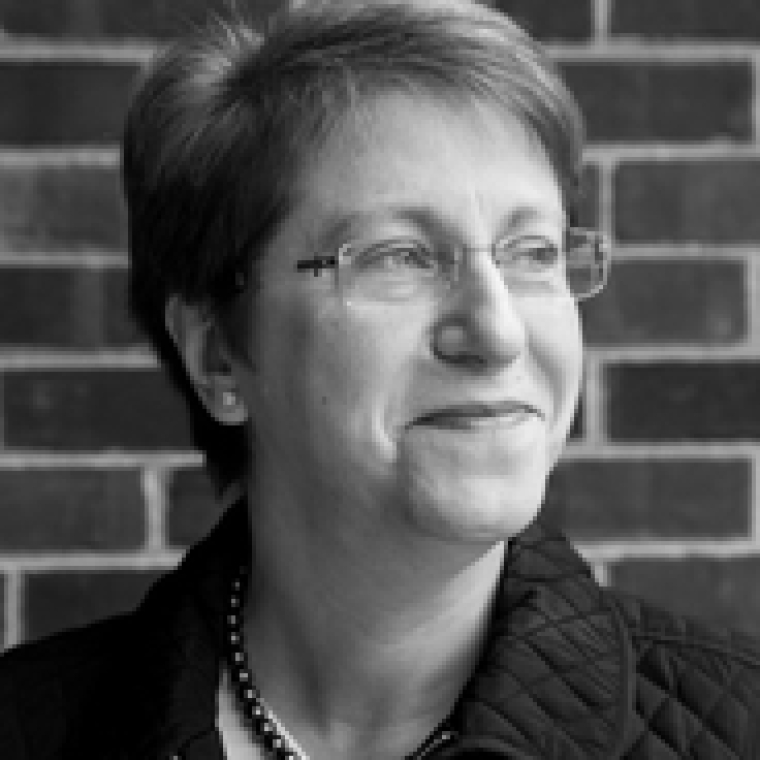 Franca Trubiano
Franca Trubiano
University of Pennsylvania Stuart Weitzman School of Design
Moderator
Speakers will discuss how we can learn from computational technology to reveal new approaches and methodologies to further our understanding and ability to design for the nonhuman world.
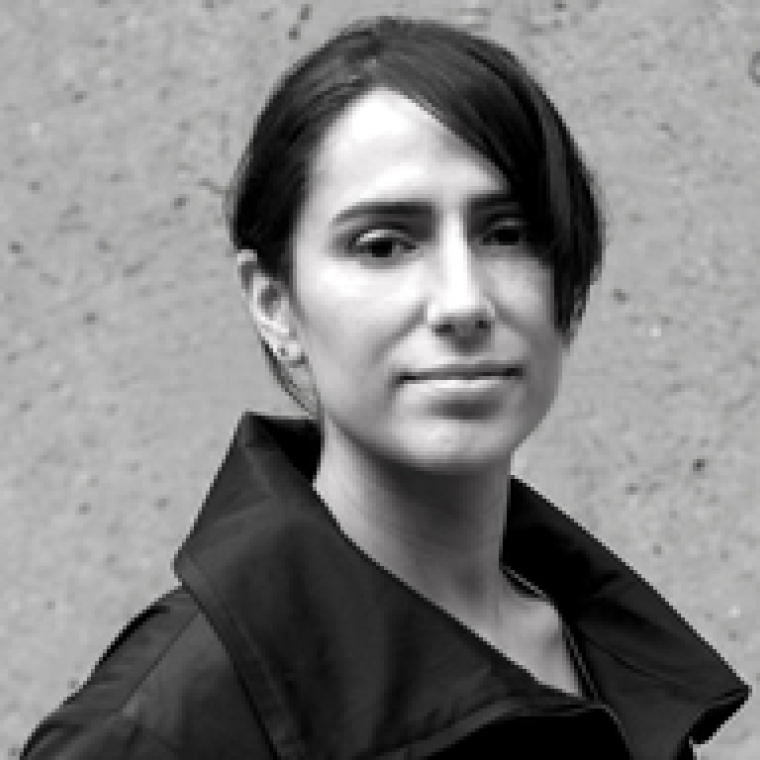 Mariana Ibanez
Mariana Ibanez
Massachusetts Institute of Technology
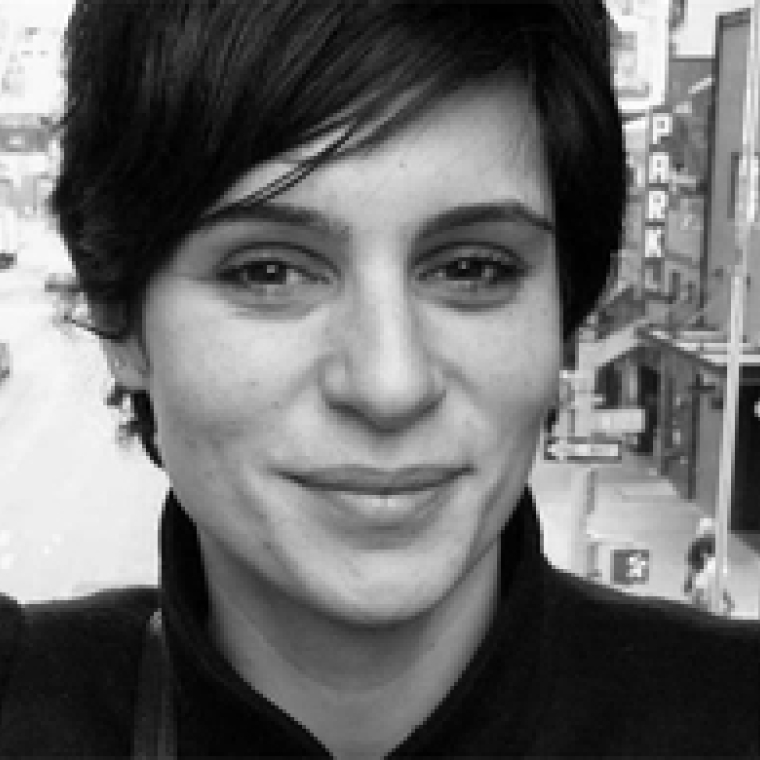 Rania Ghosn
Rania Ghosn
Massachusetts Institute of Technology
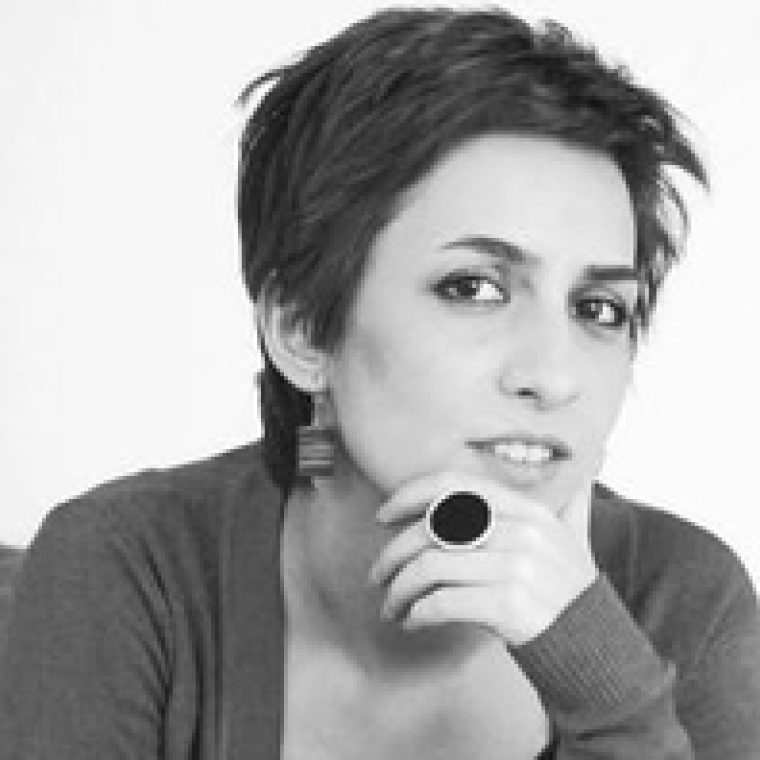 Behnaz Farahi
Behnaz Farahi
University of Southern California School of Cinematic Arts
 Danielle Willems
Danielle Willems
University of Pennsylvania Stuart Weitzman School of Design
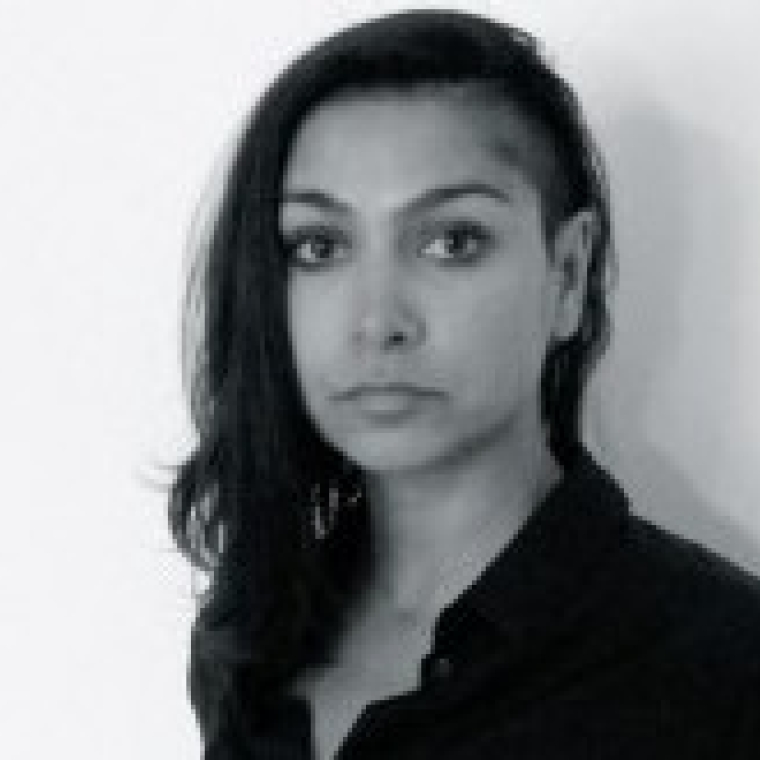 Maya Alam
Maya Alam
University of Pennsylvania Stuart Weitzman School of Design
Moderator